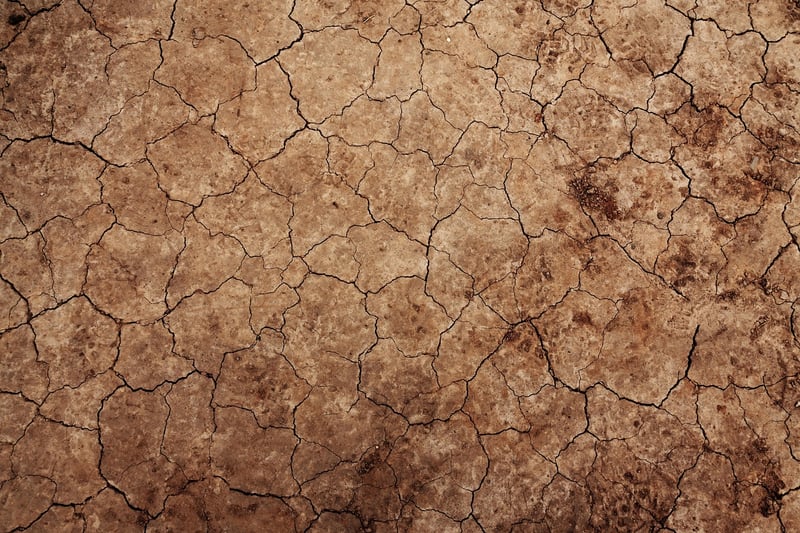Soil Management
Maximizing Plant Growth with Effective Soil Management
Welcome to our guide on optimizing plant growth through proper soil management. Whether you are a seasoned gardener or a novice plant enthusiast, understanding the importance of soil health is crucial for the success of your plants. By implementing the right strategies, you can create an ideal environment for your plants to thrive and flourish.
The Role of Soil in Plant Growth
Soil serves as the foundation for plant growth, providing essential nutrients, water, and support for roots. Healthy soil is teeming with beneficial microorganisms that aid in nutrient uptake and overall plant health. By nurturing your soil, you are directly supporting the well-being of your plants.
Key Soil Management Practices
1. Soil Testing
Start by conducting a soil test to determine its pH level and nutrient content. This information will guide you in making informed decisions about fertilization and soil amendments.
2. Organic Matter
Incorporate organic matter such as compost or aged manure into your soil to improve its structure and fertility. Organic matter helps retain moisture and promotes aeration, benefiting plant roots.
3. Mulching
Apply mulch around your plants to regulate soil temperature, reduce moisture loss, and suppress weed growth. Organic mulches also break down over time, enriching the soil.
4. Proper Watering
Ensure your plants receive adequate but not excessive water. Overwatering can lead to root rot, while underwatering can stress plants. Consider factors like plant type, soil drainage, and weather conditions when watering.
5. Crop Rotation
Practice crop rotation to prevent nutrient depletion and minimize disease buildup in the soil. Rotating crops helps maintain soil health and fertility over time.
Benefits of Effective Soil Management
By implementing these soil management practices, you can experience a range of benefits, including:
- Improved soil structure and fertility
- Enhanced nutrient availability for plants
- Increased water retention and drainage
- Reduced erosion and compaction
- Healthier and more productive plants
Conclusion
Investing time and effort into proper soil management is key to maximizing plant growth and ensuring long-term success in your garden or landscape. By nurturing your soil, you are creating a thriving ecosystem where plants can reach their full potential.
Remember, healthy soil equals healthy plants!

For more tips and resources on gardening and plant care, explore our website.
Happy gardening!
